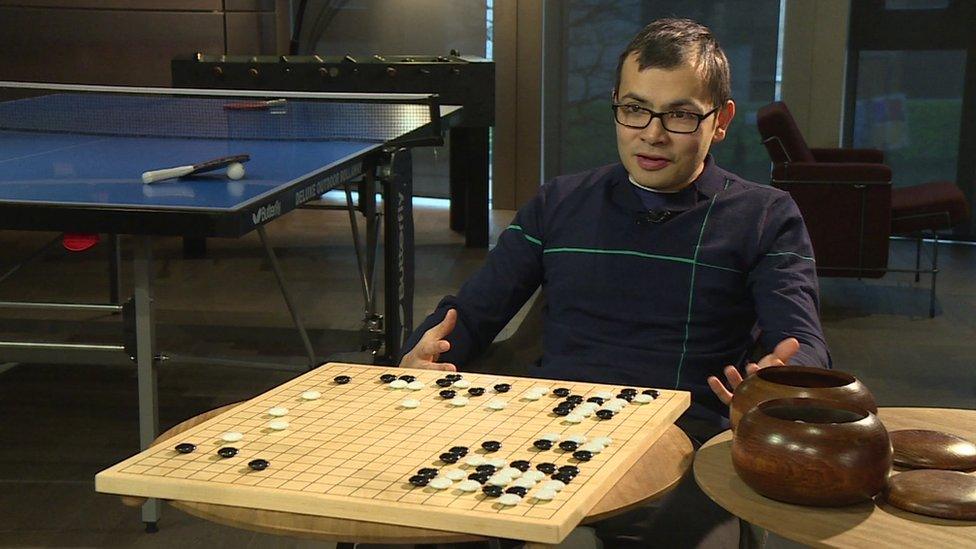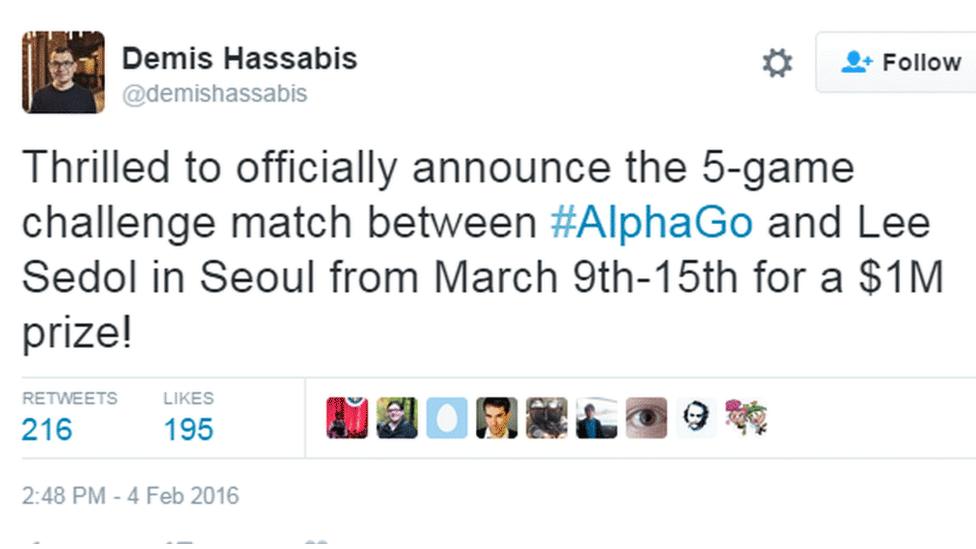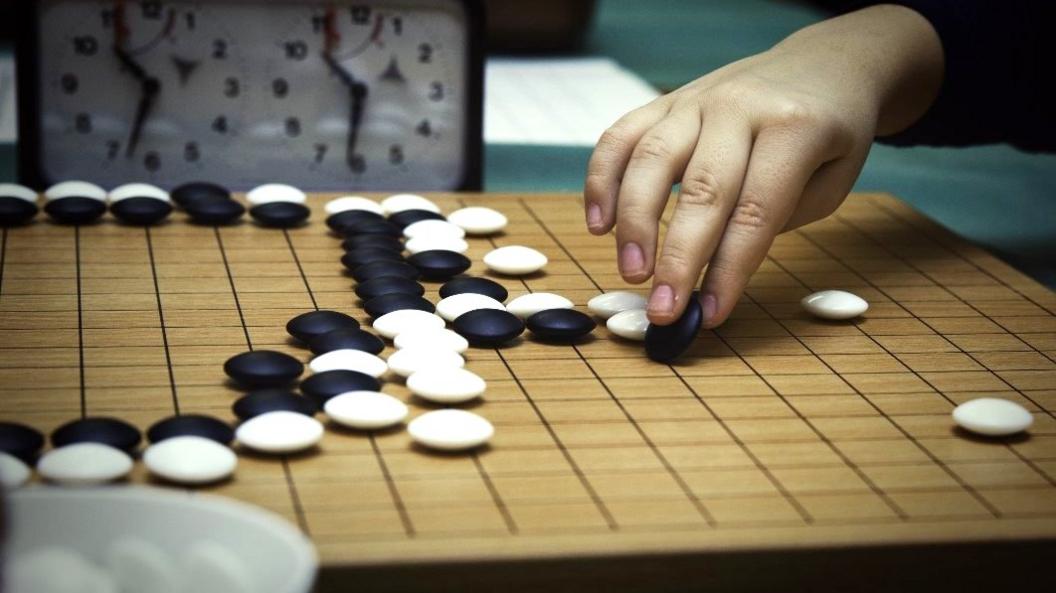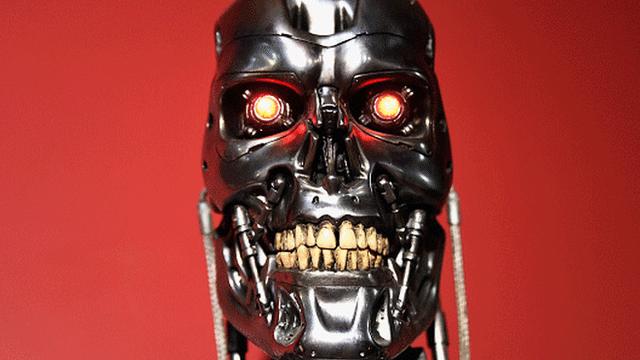Google AI to play live Go match against world champion
- Published

Demis Hassabis is head of Google's DeepMind artificial intelligence division
Google's artificial intelligence (AI) software will go head-to-head with the world's highest ranked Go player Lee Sedol, the firm has said.
It comes a week after the search giant announced that AlphaGo had beaten French Go champion Fan Hui.
That was seen as a pivotal moment for AI, similar to IBM's Deep Blue beating Garry Kasparov at chess.
A brief guide to Go
The match will take place in Seoul, South Korea, and will be live-streamed via YouTube.
Demis Hassabis, head of Google's DeepMind lab, announced the news in a tweet.

Mr Sedol said in a statement that although AlphaGo appeared to be a strong player, he was "confident" that he could win the match.
Go is widely regarded as a more complicated game than chess, because of the larger choice of moves, making it a good measure of how AI technology is developing.
Computers have played Go and beaten amateurs but, before Google's victory against the French champion, experts had predicted that it would take another 10 years until a computer could beat the world's best Go professionals.
There has been a long tradition of AI software going head-to-head with human players.
In 1996, IBM's Deep Blue took on chess world champion Garry Kasparov and won, although Mr Kasparov went on to win three and draw two of the following five games.
Then in 2011, IBM's cognitive platform Watson took on the world's best Jeopardy players, a popular American quiz show and scooped the $1m prize.
Watson had access to 200 million pages of structured and unstructured content but was not connected to the internet during the game.

What is Go?
Go is thought to date back several thousand years to ancient China.
Using black and white stones on a grid, players gain the upper hand by surrounding their opponent's pieces with their own.
The rules are simpler than those of chess, but a player typically has a choice of 200 moves compared with about 20 in chess.
There are more possible positions in Go than atoms in the universe, according to DeepMind's team.
Go is played by more than 40 million people worldwide.
It can be very difficult to determine who is winning, and many of the top human players rely on instinct.

- Published27 January 2016

- Published28 September 2015
